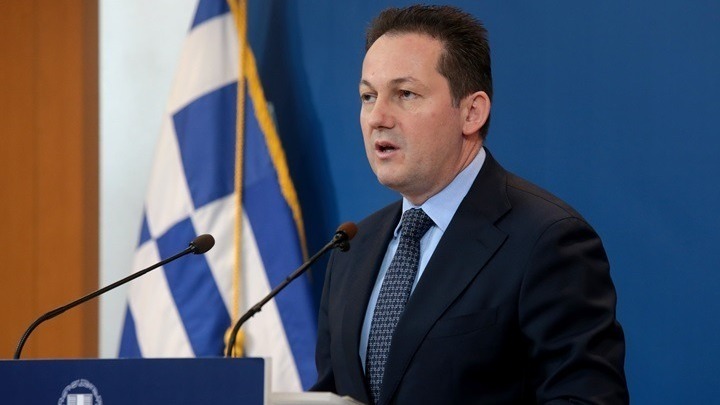The International Press Institute (IPI) today expressed serious concern over the recent decision by Greece’s National Transparency Authority (NTA) to continue to block the release of information about the politically-motivated allocation of state advertising funding to the media during the first wave of the COVID-19 pandemic.
IPI believes the recent rejection decision by the NTA has significant implications for the right to freedom of information in Greece, as well as the wider landscape for media freedom and independent journalism, which was detrimentally impacted by the handling of the government’s €20 million “We Stay Home” campaign in 2020.
As IPI and its partners in the Media Freedom Rapid Response (MFRR) documented at the time, funding from the public health campaign was distributed in a selective and non-transparent manner. Media critical of the government received disproportionately lower levels of advertising compared to government-friendly media, despite the fact that many had far higher circulation and readership.
Some newspapers critical of the New Democracy government were meanwhile overlooked for advertising entirely. Meanwhile, among the 1,232 outlets included on the so-called Petsa List were 200 digital entities not listed in the country’s Online Media Register, including inactive or non-existent websites or obscure blogs with little or no readers, as well as media linked to ruling party politicians.
At the time, IPI and the MFRR sent a letter to Greek Prime Minister Kyriakos Mitsotakis and Stelios Petsas, the former deputy minister and government spokesman who was responsible for leading the advertising campaign, raising concerns about what appeared to be the politicised distribution of tax-payer money to favourable media. No response was received.
After the scandal broke, Greek NGO Vouliwatch submitted requests to the government’s General Secretariat for Information and Communication (GGEE) for information about which media were included, how much each received, and the criteria used by the company hired administer the project, Initiative Media. These requests were initially rejected.
After mounting pressure, the government released the full list of media and the amounts of they received. However, the GGEE repeatedly refused to provide documents about the detailed criteria for how the money was to be disbursed. It is widely believed these documents will demonstrate the political influence on the campaign.
After the GGEE again refused to release the information, Vouliwatch appealed. However, the National Transparency Authority, which rules on such cases, sided with the government and the documents were kept secret. The NGO then launched legal proceedings in March 2021. Following a court battle, in January 2022 the Athens Administrative Court of Appeal finally recognised the NGO’s right to access the documents, in a major victory for transparency.
However, on June 7 the NTA informed Vouliwatch that it would not compel the General Secretariat for Information and Communication to release the documents, citing “professional and trade secrecy”. It claimed Vouliwatch had no “legitimate interest” in receiving the information – despite this being explicitly recognised by the court.
————————————-
“The National Transparency Authority’s refusal to recognise the legitimate interest of Vouliwatch to this data is deeply concerning and has significant implications for access to information and media freedom in Greece”, IPI Deputy Director Scott Griffen said. “The public has a right to know about how taxpayer money was spent, and there is a clear public interest in understanding how and why the funding was so unevenly distributed to Greek media during the public health crisis.
“The continued efforts to keep these details a secret only increase the concerns of international press freedom organisations about Greece’s problematic system for the financing of media and apparent efforts to use state financing to distort the media landscape by disproportionately funnelling money to media supportive of the government.
“IPI urges the National Transparency Authority to end its obstruction of the process, recognise the overwhelming public interest in releasing these documents and compel the General Secretariat for Information and Communication to provide this information to the public.
“Moving forward, it is also vital that all forms of advertising are distributed via a transparent and accessible process based on objective criteria, rather than apparent political affiliation. If Greece’s government is serious about improving the landscape for media freedom, resolving this case by finally providing transparency and accountability is a good place to start.”
Griffen added the case from Greece was a prime example of the need for a strong European Media Freedom Act (EMFA) which establishes EU-wide rules to guarantee transparency and fair distribution of state advertising to media outlets.
- Click here to read IPI’s previous statement about the Petsa List
This statement by IPI is part of the Media Freedom Rapid Response (MFRR), a Europe-wide mechanism which tracks, monitors and responds to violations of press and media freedom in EU Member States, Candidate Countries, and Ukraine.

